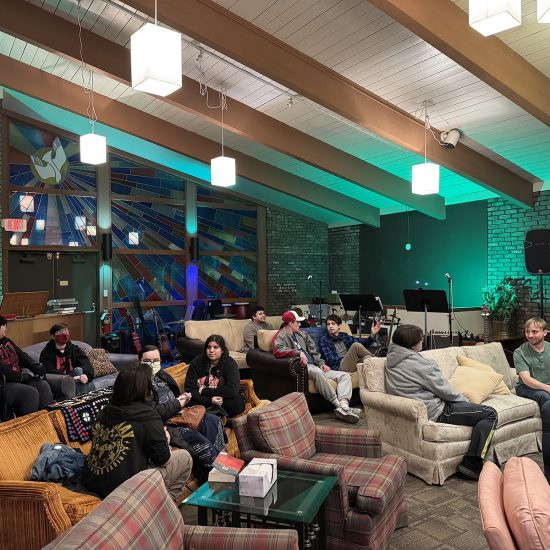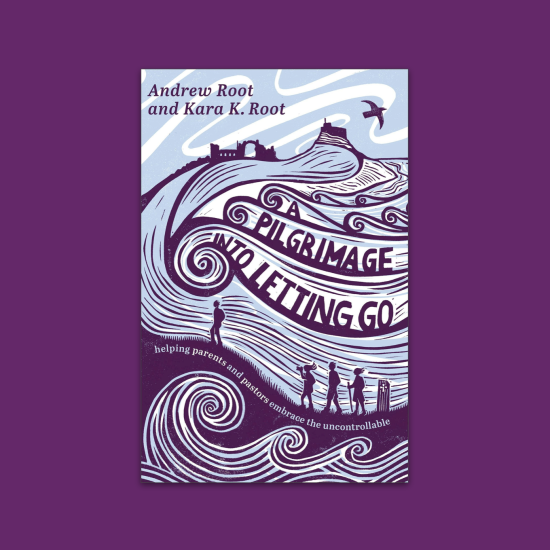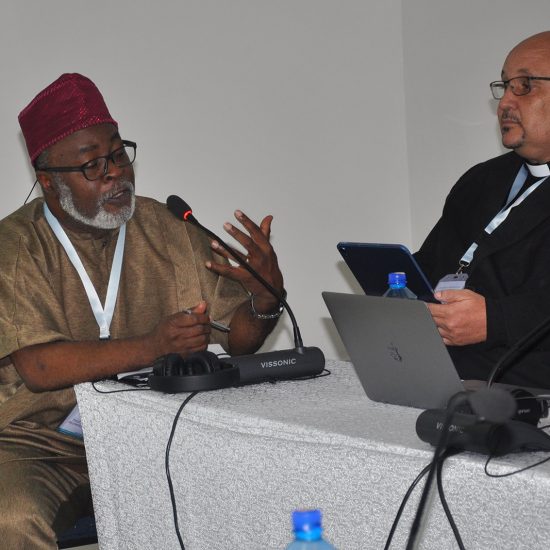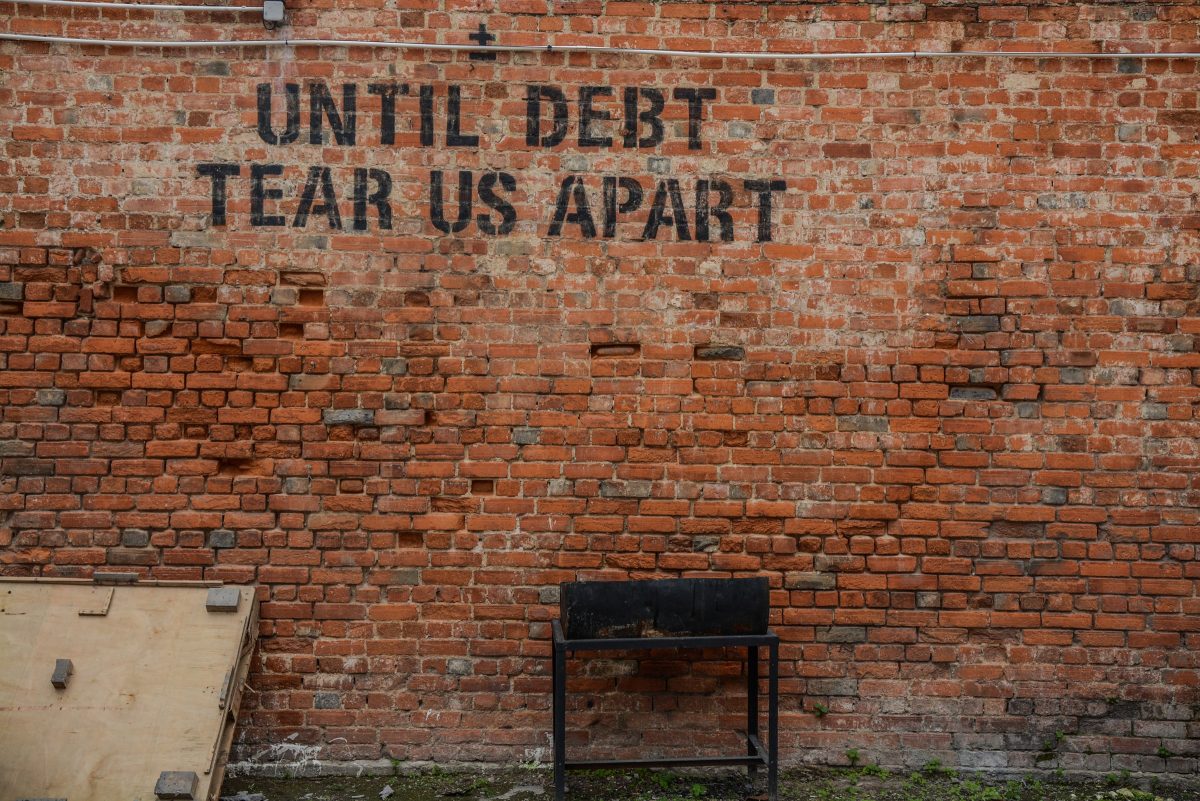
As a hospital chaplain, I was declared an essential worker at the beginning of the pandemic and I want my student loan debt canceled. Not forgiven. Canceled. Because we need to be clear about what forgiveness is and about who’s forgiving whom in this transaction.
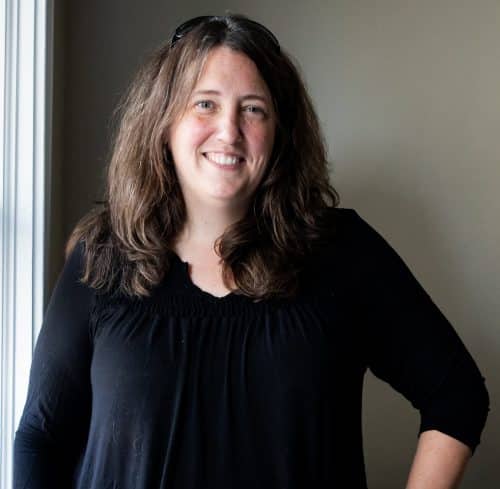
Kristel Clayville
My essential skills include significant training in biblical studies, theology, and ethics, so I’ve spent some time thinking about forgiveness and how it works. One major goal of forgiveness is reconciliation: a healing of a relationship. Ideally, the party that has committed an offense against the other will seek forgiveness by apologizing for their offense. With student loan forgiveness, I keep wondering what borrowers have done that is offensive. Why do we need to be forgiven? In fact, I think that the proverbial tables should be flipped: the government should be asking us for forgiveness.
Here’s why: In the pandemic, we saw how significant the roles of essential workers are to the functioning of our society. So many helping professions were declared essential: teachers, doctors, nurses, social workers, medical technicians, and yes, even chaplains. We were asked to go into work under dangerous conditions to keep the country afloat. For my part, that meant interacting with COVID patients long before there was a vaccine, comforting the families of the dead under horrible conditions, trying to keep staff morale high, and doing it all without enough PPE. Other essential workers had similar struggles, whether they were in hospital settings or not.
To develop these essential skills, at minimum, I had to get a 4-year college degree, a 3-year master’s degree, and endure two years of internship-style training. That’s 9 years of education for an essential function. And many of the helping professions require this much training for entry-level positions. All of this training costs money – in fact, it costs a lot of money. A significant number of jobs that are essential to the normal functioning of society are behind huge paywalls. And Americans are told again and again that it is an individual choice to pursue higher education and that we need to find ways to pay for it. If you take out loans to become a person who fulfills these essential functions, then paying back that debt is your personal problem. Yet when there was a crisis, essential workers were told that our skills were part of the common good. If our skills are part of the common good, then why are we being punished with large sums of debt at high interest rates to get them?
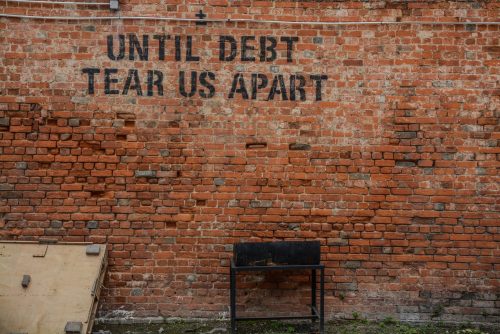
Alice Pasqual / Unsplash
I have a theory about this, but it is pretty pessimistic. I think we punish the very idea of needing help. We are afraid of vulnerability, and so we avoid it at all costs. Needing help, especially in the healthcare system, is extremely expensive, and so we are disincentivized to seek it out. Becoming a helper is also expensive, and so we are often dissuaded from pursuing such goals. Ultimately, those needing help and those providing it are pitted against each other economically: as the cost of help rises, it is justified by the high cost of education for the helpers, who must pay off their debt.
This is not a Christian orientation toward the vulnerable or toward helping others. We have a long tradition of caring for the stranger, loving our neighbors, visiting the sick, and prioritizing the vulnerable. Many of us make these foundations of our faith external by volunteering, and some of us make them part of our professions. This orientation toward the vulnerable and the education and skills it takes to meet their needs are part of the common good, and they should be paid for by the public.
I don’t want to suggest that some are more deserving of student debt cancelation than others. All student loan debt should be canceled because the entire system pushes people to make individualistic choices and to try to configure themselves as invulnerable. And yet, those with student loan debt are incredibly vulnerable due to that debt. We all deserve to have our student loan debt canceled. Highlighting the specific case of essential workers shows how the debt itself is required for so many to serve the common good, and yet is also used to punish us for choosing to do so. Such a system is unjust and should be dismantled. A Jubilee on student loan debt is the first step. Then we can talk about forgiveness.
Rev. Dr. Kristel Clayville is a religion scholar and former hospital chaplain, ordained in the Disciples of Christ. She currently teaches technology ethics and religion and medicine at the University of Illinois Chicago and is part of the hospital ethics committee. She is working on a memoir about being a chaplain and ethicist during the pandemic.

